Ev Bike Charger / E-Scooter Charger 58.4V 6Amp – Imported
₹1,350.0
Product Specification
| Usage/Application | Ev Bike & E-Scooter |
| Brand | Imported |
| Battery Type | LFP/ NMC |
| Warranty | no |
| Battery Voltage | 58.4V |
| Current | 6AMP |
| Pin Type | 3pin |
| Color | Black |
| Material | ABS |
| Wheels Available | No |
| Cooling Fan | No |
| Minimum Order Quantity | 1 |
Product Description
We have NMC/ LFP/ Lead acid type Chargers available for more enquiry contact us.
- Description
- Additional information
- Reviews (0)
- Q & A
- Sustainability Remark
- More Offers
- Store Policies
- Inquiries
| brands | Imported |
|---|---|
| Color | Black |
You must be logged in to post a review.
Q & A
The sustainability of electric vehicle (EV) chargers depends on several factors, including the source of electricity, the manufacturing process, and the end-of-life disposal. Here are some considerations related to the sustainability of EV chargers:
Energy Source: The environmental impact of EV chargers is closely tied to the source of electricity used to power them. If the electricity is generated from renewable sources such as solar, wind, or hydroelectric power, the overall sustainability of the chargers is higher. However, if the electricity is primarily derived from fossil fuels, the environmental benefits of EVs may be diminished.
Manufacturing: The production of EV chargers involves various materials and processes. Sustainable manufacturing practices, such as using recycled materials, reducing energy consumption, and minimizing waste and emissions, can improve the environmental footprint of chargers. Some manufacturers prioritize sustainability in their production processes, while others may have a higher environmental impact.
Infrastructure: The installation and operation of EV charging infrastructure can have indirect sustainability implications. Efficient placement and distribution of charging stations can reduce the need for long-distance travel, minimizing energy consumption and emissions associated with installing and maintaining the infrastructure.
End-of-Life Disposal: Like any electronic device, EV chargers have a lifespan and eventually require replacement. Sustainable disposal or recycling of chargers is essential to minimize their impact on the environment. Proper recycling processes can help recover valuable materials and reduce the amount of electronic waste.
Integration with Smart Grids: Integrating EV chargers with smart grid technology can enhance sustainability. Smart charging systems can optimize energy usage, reduce strain on the grid during peak demand, and enable charging during periods of high renewable energy generation. This integration helps maximize the utilization of renewable energy resources and reduces the overall carbon footprint of charging operations.
To ensure the sustainability of EV chargers, it's crucial to consider these factors holistically and make informed decisions regarding energy sources, manufacturing practices, infrastructure planning, and end-of-life management. Governments, regulatory bodies, and manufacturers play significant roles in promoting sustainable practices and improving the environmental performance of EV charging infrastructure.
General Inquiries
There are no inquiries yet.


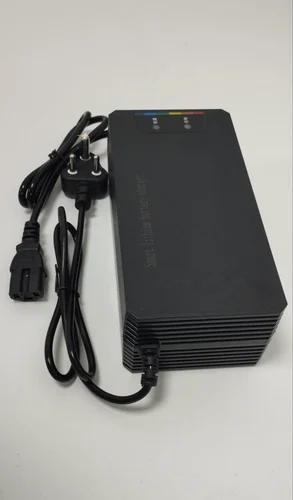
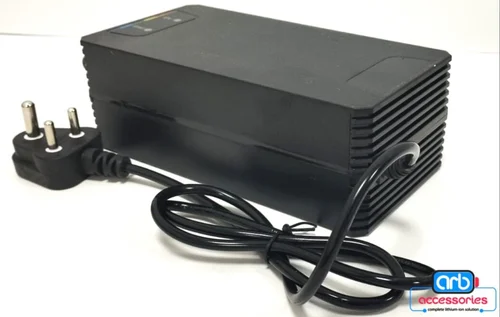
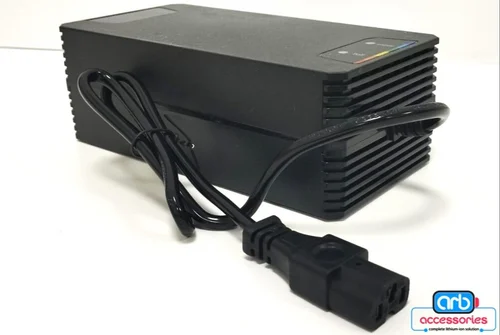
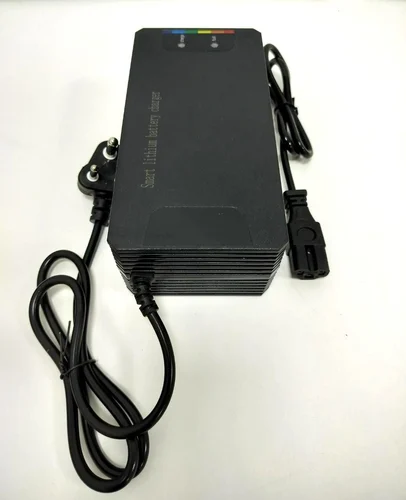
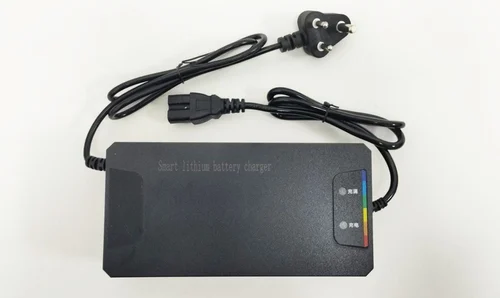
Reviews
There are no reviews yet.